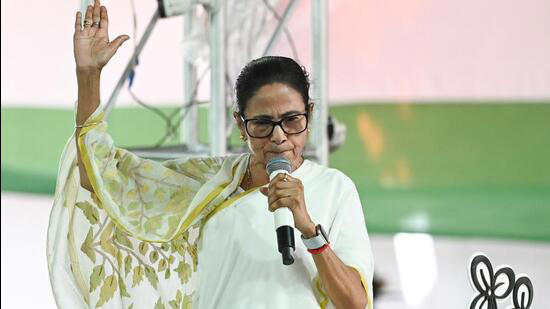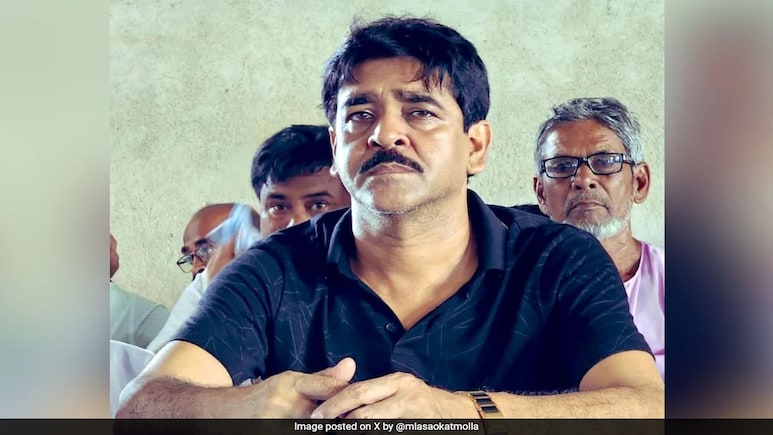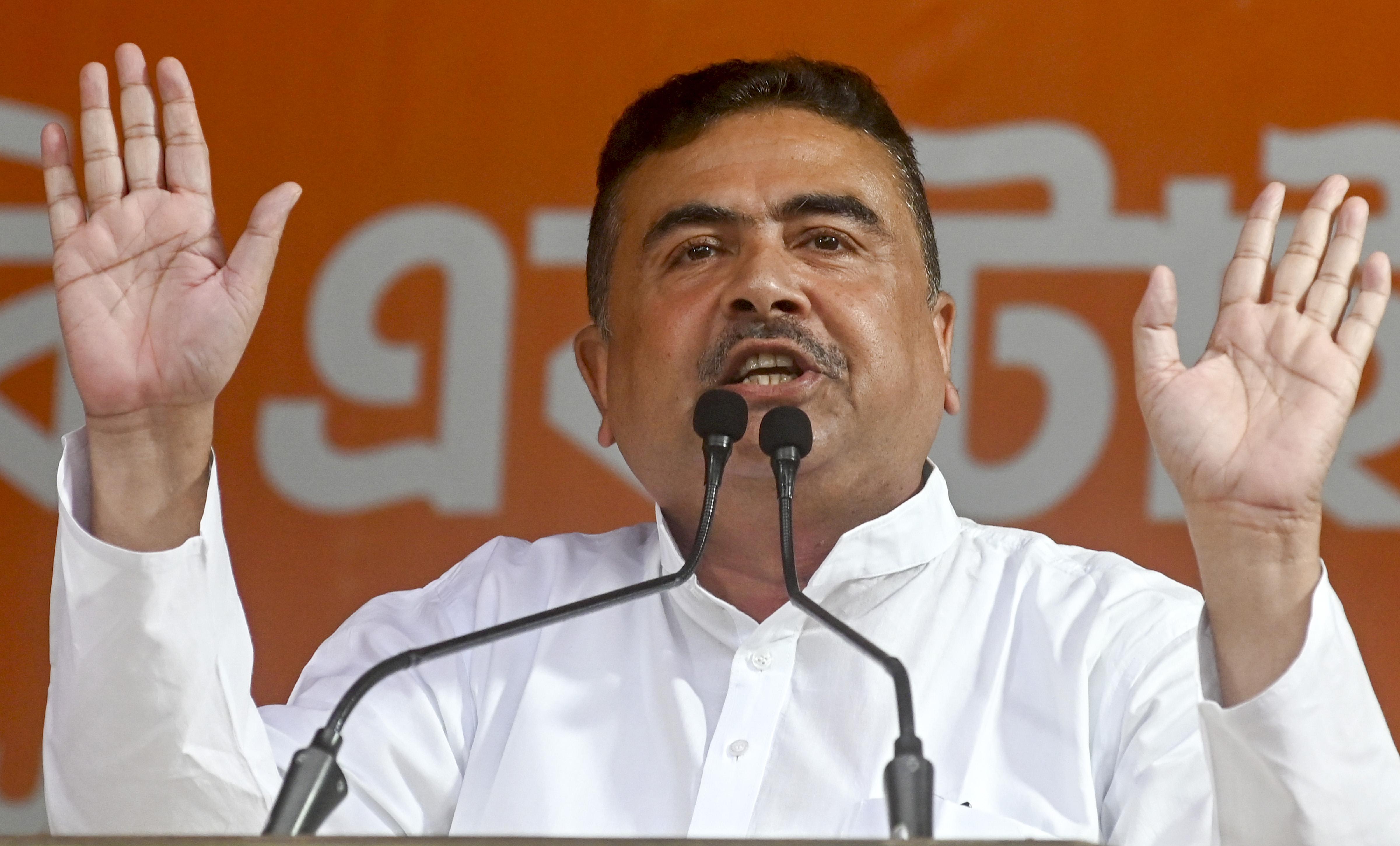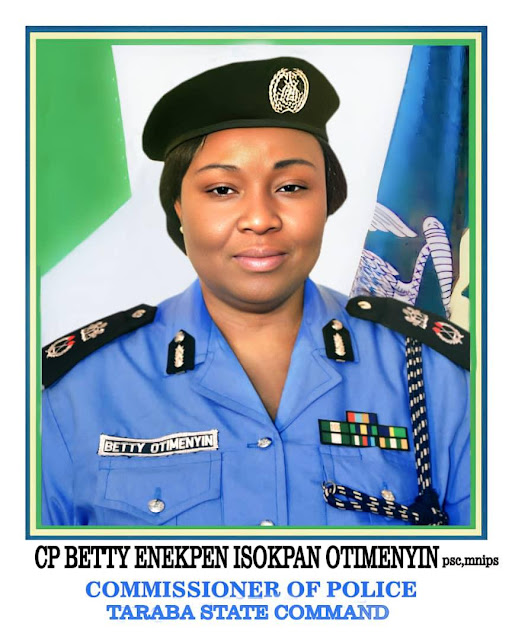Agencies & KalimNews, Kolkata, July 17, 2025 : In a significant ruling, the Calcutta High Court has dismissed a series of petitions challenging the 2025 recruitment rules for the West Bengal School Service Commission (WBSSC), bringing relief to the state government. The bench, comprising Justice Soumen Sen and Justice Smita Das, upheld the new recruitment guidelines, emphasizing the need to attract the most qualified candidates for teaching positions. The court also addressed concerns regarding the age relaxation and changes to eligibility criteria, including educational qualifications and experience requirements.
The controversy arose from a challenge to the recruitment process initiated in 2025, which sought to amend several provisions from the 2016 recruitment norms. The petitioners, who were Assistant Teachers for Classes IX–XII, contended that the new criteria, including an increase in educational qualifications and the introduction of additional marks for teaching experience, were unfair. Specifically, they argued that the eligibility threshold had been raised from 45% to 50% in graduation and post-graduation, and that nearly 68 positions previously filled under the 2016 rules were not included in the 2025 vacancies.
The key issue during the hearing was whether the revised eligibility criteria under the 2025 rules should be applied to candidates who had already qualified under the 2016 norms. The court, however, ruled in favor of the state, stating that the 2025 rules were designed to improve the quality of education by ensuring that only the best candidates were selected. Justice Sen emphasized that none of the petitioners were affected by the changes to the eligibility requirements, as they failed to demonstrate that they would have been excluded under the new rules. The bench noted, “The criteria laid down by the commission are for attracting and selecting the best of the lot, and there cannot be a greater concern for the court than ensuring the imparting of quality education to the students.”
The bench also dismissed the petitioners’ challenge to the age relaxation provision, which allowed candidates up to 40 years of age (as of January 1, 2025) to sit for the examination. In response to their objections, the court upheld the state’s decision to provide age concessions, reinforcing the government’s position on making the process inclusive.
Another significant change in the 2025 recruitment process was the increase in the written examination score from 55 to 60 marks, and the redistribution of marks in areas such as educational qualifications and teaching experience. Despite objections to these revisions, the court ruled that the new guidelines aimed to make the recruitment process more rigorous and merit-based, ensuring only the most competent candidates were selected for teaching positions.
Judicial Reshuffle at Calcutta High Court
In addition to the recruitment ruling, a major judicial reshuffle at the Calcutta High Court has been announced, effective July 18, 2025. As part of this reshuffle, significant changes have been made to the benches overseeing key education-related cases, including those related to the SSC recruitment process.
A major shift involves the Division Bench that previously handled Group 2 education-related cases. In the past, Justice Soumen Sen and Justice Amrita Sinha were tasked with these matters. However, under the new notification, the Division Bench for Group 2 education-related matters will now be composed of Justice Soumen Sen and Justice Apurba Sinha Roy. This change is expected to bring a fresh perspective to education-related cases moving forward.
In a further development, Justice Sougata Bhattacharya, who previously handled Group 2 matters in the Single Bench, will be replaced by Justice Rajarshi Bharadwaj. Justice Bharadwaj will now oversee primary education-related cases, as well as other education-related matters, in the Single Bench. Legal experts anticipate that this reshuffle will expedite the resolution of pending educational disputes, including recruitment matters.
However, it is important to note that the 32,000 job cancellation case, a key issue in the ongoing recruitment process, will remain with the bench of Justice Tapabrata Chakraborty. This case, which has been closely watched, will continue to be handled by Justice Chakraborty’s bench unless the judge decides to recuse himself from the matter.
Background of the Case:
The petitioners in this case were Assistant Teachers appointed in 2016, whose services were extended until the completion of the recruitment process. However, following the Supreme Court’s directive, the state had to revise the recruitment process, leading to the introduction of the 2025 rules. These changes, particularly the higher eligibility requirements, including a higher percentage in academic qualifications and the introduction of additional marks for prior teaching experience, had been contested by the petitioners.
Despite objections from several quarters, the court concluded that the changes were legitimate and served the greater purpose of enhancing the quality of education. It is expected that the 2025 recruitment process will now proceed without further legal hurdles, as the court’s dismissal of the appeals sets a precedent for future educational recruitments in the state.
The ruling has sparked mixed reactions, with many supporting the court’s decision to prioritize quality over quantity, while others feel that it creates undue challenges for candidates who had already been selected under the previous norms. Nevertheless, the new recruitment process is expected to bring in a more qualified pool of candidates, ensuring better standards of education in West Bengal schools.
The Calcutta High Court’s decision marks a pivotal moment in the state’s educational recruitment process, as it moves forward with new guidelines designed to create a more transparent and effective selection system.









